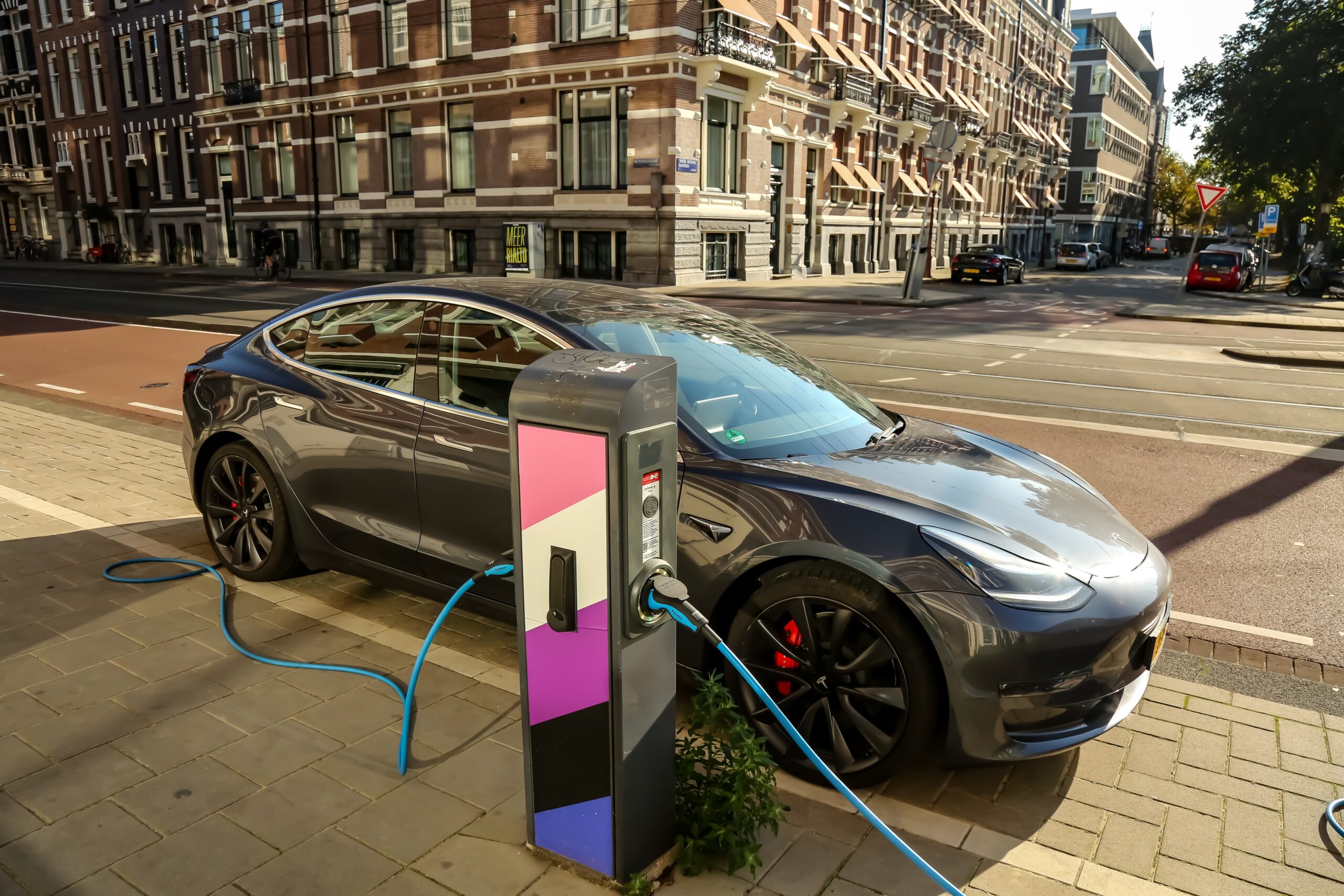Govt. Plans to Introduce 300,000 New EV Charging Stations in the UK
If you’ve been keeping up with global news, you must have heard about the UK’s ban on the sale of petrol and diesel cars by 2030 in a bid to encourage electric vehicles. As a part of the country’s commitment to the battle against climate change, the government plans to introduce around 300,000 EV charging stations in the UK by 2030.
The plan, “Taking Charge”, aims to increase the number of available charging stations to almost 5 times the number of fuel pumps currently on their roads.
The country was already encouraging EV adoption to the masses, with 40,000 EVs and 29,500 charging points in use. The new £1.6 billion infrastructure strategy by the Department for Transport should help make EV infrastructure accessible to the masses.
Let’s explore how the UK is ‘Taking Charge’ to encourage the mass adoption of EV and EV charging infrastructure.

How will “Taking Charge” install 300,000 New EV Charging Stations in the UK?
Backed by government investment of £500 million, ‘Taking Charge’ aims to remove charging infrastructure as a real barrier to EV adoption. UK is focusing on making EV charging cheaper and more convenient than refueling vehicles at a petrol station. At the same time, they are bridging the gap between the number of high-powered and low-powered charging points available to the people.
It also includes a £450 million Local Electric Vehicle Infrastructure (LEVI) fund, encouraging projects such as EV hubs and innovative on-street charging. Additionally, some of these funds will help install new charging points. Some money will also go into hiring new staff and upskilling existing staff who will be tasked with maintaining this growing network.
By 2030, the government plans to have a minimum of 300,000 public charging points, and possibly more than double that number. Alongside the government, the private sector in the UK is playing a key role in helping the country make the switch towards sustainable mobility. UK’s biggest charging network company – bp plus – also announced £1 billion funding to develop charging infrastructure, introducing hundreds of new jobs in the process.
What are UK’s rules for EV charging operators?
The new plan aims to increase the number of EV owners by making it more convenient to own an electric car than to own a fossil-fuel-powered vehicle. Rigorous standards are being set to enhance the experience of driving EVs and using public charge points. To this end, the government has set some legally binding rules for charging operators.
- All charging point operators will have to provide real-time data from the charge points.
- This way, consumers can compare prices online, pay for the service with contactless cards, and use apps to find charging points closest to them.
- Use a new ‘single payment metric’ to allow the comparison of prices across networks.
- Provide on-site support if a consumer has any issues while charging
- Standardize the payment methods to eliminate the use of multiple payment apps.
How will this rollout benefit the people?
The UK government strives to provide sufficient charging points ahead of demand and offers the following benefits through this rollout.
Convenient on-site and off-site charging
For drivers with dedicated driveways or home charging equipment, overnight charging remains the default option as it offers convenience. However, the purpose of this plan is to make charging as stress-free and reliable as possible for on-street parkers. People driving commercial vehicles will also have easier access to charging points to meet their needs.
Accessible charging stations
Currently, the charging points are unevenly distributed countrywide. This plan offers charging facilities across the country, extending the network well beyond the invisible fences of high-income neighborhoods. The entire country, from the city center in London to suburban and rural areas, will be connected by a network of accessible charging stations.
Fair prices for charging
With dynamic competition in the charging sector and increased calls for transparency about pricing and availability, the government wants to introduce a fair pricing policy for EV charging. This will be achieved by digitalizing and standardizing the EV infrastructure and offering real-time data to parkers about charging points.
Final words
EVs benefit from lower fuel, running, and maintenance costs, and UK’s ‘Taking Charge’ is undoubtedly a positive step in promoting the use of EVs worldwide. With these positive initiatives from the UK government and private players in the EV sector, more countries are expected to follow suit.
